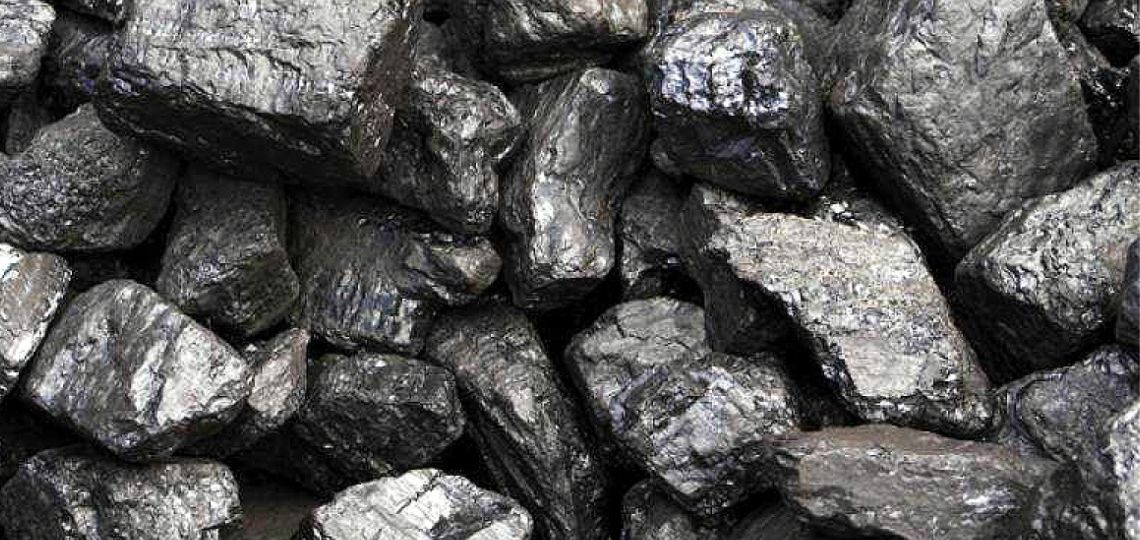Vietnam plans to stop building coal-fired power plants after 2030, according to a long-awaited national plan released Tuesday by the government, which has been criticized for the slow process of energy transition.
At COP26 in 2021, this Southeast Asian country set a goal of zero carbon emissions by 2050. But the presentation of its energy transition plan from now until 2030, estimated at $135 billion, has been delayed for more than two years, after several postponements and modifications of the initial project.
According to the “Energy Development Plan 8” presented by the government, “by 2030, only coal mining projects already approved or under construction can be finalized”. Thus, by the end of the decade, coal will represent only 20% of the energy mix in Vietnam, compared to 50% currently, according to government forecasts.
But the choice to continue coal mining until 2030 “will significantly increase the country’s coal-fired power generation capacity, and will be a hindrance to the development of renewable energy,” qualifies Trend Asia energy analyst Andri Prasetiyo. This expert also considers the priority given to gas as a transitional energy “disappointing”.
The government’s new energy plan calls for coal to be phased out of power generation by 2050, allowing for a transition to “zero-emission” generation from “biomass or ammonia.” But this transition will require significant funding. Furthermore, “ammonia is not a realistic and viable alternative,” says Andri Prasetiyo.
The energy plan presented on Tuesday also sets a target of 50% of homes or offices powered by solar energy produced on site by 2030. While Vietnam ranked tenth in the world in 2021 for its solar power generation capacity, its infrastructure does not have the capacity to handle peak consumption, according to the expert. Vietnam expects solar energy to represent 8.5% of its energy mix by 2030.






